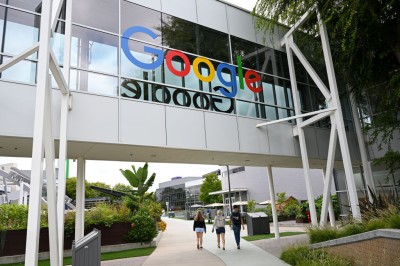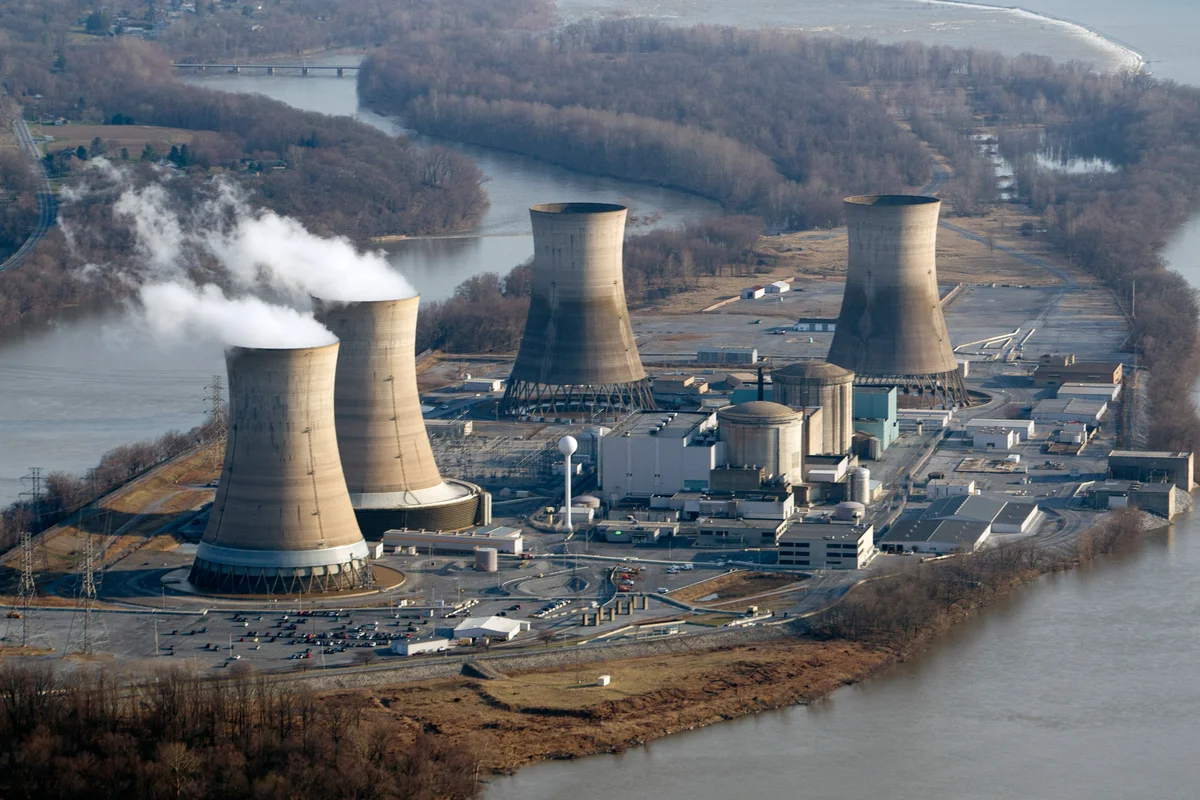Google has entered a strategic agreement with Kairos Power to power its artificial intelligence (AI) data centres using advanced nuclear reactors.
This move is part of the tech giant’s commitment to sustainable energy solutions and aims to address the significant energy demands of AI technologies while reducing carbon emissions. The first reactor is expected to go online before 2030, with more planned by 2035.
Although financial details and specific locations remain undisclosed, Google’s existing infrastructure in Africa, including its data centres in South Africa and interconnect points in Nigeria and Kenya, suggests the continent could be a candidate for future nuclear-powered facilities.

This would align with Google’s ongoing investment in digital advancements in Africa, where the company’s services generated $1.8 billion in 2023.
Nuclear energy is seen as a stable alternative to intermittent renewable sources like solar and wind, providing round-the-clock power crucial for running AI systems. Michael Terrell, Google’s Senior Director for Energy and Climate, explained that the grid requires new clean energy sources to support AI, and this partnership with Kairos Power is a significant step in that direction.
Kairos Power is known for its advanced reactors that use molten fluoride salt as a coolant, which promises greater safety and efficiency than traditional nuclear technologies. The companies will seek regulatory approval, with Kairos already making progress by securing the first US permit in 50 years to build a new reactor.
This collaboration reflects a broader trend among tech giants, with companies like Microsoft and Amazon also exploring nuclear energy as a way to power their data centres and meet the growing energy needs of AI while maintaining sustainability goals.
